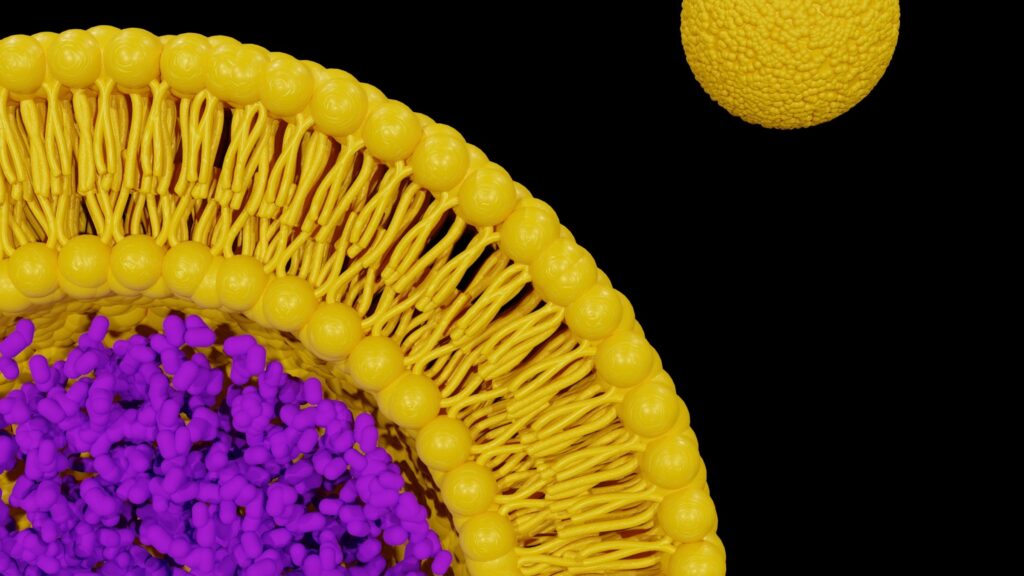Blood
Scientists inch closer to single-shot gene editing cure for blood disorders
What is the best way to fix faulty blood cells, and do so for the most people? That’s the question a horde of gene editing researchers are chasing. A new paper in Science offers an idea.
Researchers loaded up lipid nanoparticles, the tiny clusters of fat, with cellular instruction manuals in the form of mRNA — the same basic construction as the Covid mRNA vaccines. The surface of these therapeutic bundles were decorated with antibodies that guide them to hematopoietic stem cells in the bone marrow. Once there, they delivered gene editing technology packed into the mRNA and corrected sickle cell defects in mice and in human cells.
“What really struck me was, damn, how efficient it is,” said Paula Cannon, a gene therapy researcher at the University of Southern California’s Keck School of Medicine who was not involved with the paper.

